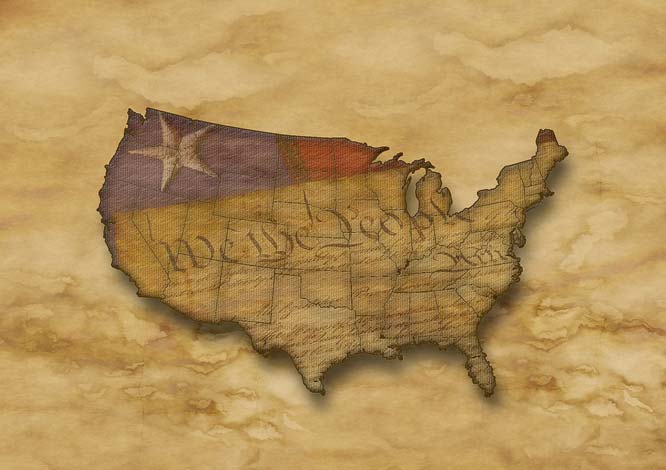
When Harvard law professor Lawrence Lessig argued at Medium that members of the Electoral College should break faith and vote for Hillary Clinton instead of Donald Trump, I chalked it up to the brilliantly contrarian Larry being brilliant and contrarian -- even if wrong.
But when, over the holiday weekend, The Washington Post published his op-ed making the same argument, it made me think serious people might take his argument seriously -- which would be dangerous for democracy and bad for the republic. So with great respect for Larry's ideals and values, here's why faithless electors would subvert, not sustain, the democratic values that underlie the U.S. presidential election system.
Start with a thought experiment: What if Donald Trump had won the popular vote and lost in the Electoral College? How would Democrats respond if prominent scholars and public figures argued that Clinton's electors should break their pledges and elect Trump?
I'll tell you how: Democrats would see it as an attempted coup d'etat. And they'd be right. The vote in the Electoral College has always been a formality. Its purpose is simply to effectuate the results of the electoral system we have, with all its imperfections.
Faithless electors have never determined the outcome of a presidential election, and for good reason. To do so would be to change the rules of the game in the game's closing minutes. It would distort fairness and the rule of law. And it would send the extremely worrisome message that electoral results aren't to be taken seriously as the outcome of a legally constrained process.
Lessig makes one constitutional argument and one democratic argument in favor of faithless electors subverting the system, and they're both unconvincing.
Constitutionally, Lessig makes the highly idiosyncratic, original and mistaken claim that the Electoral College was intended as a "safety valve" or "circuit breaker" to allow the electors to ignore the public's vote. He attributes this idea to Alexander Hamilton.
But in Federalist 68, which Lessig cites, Hamilton said nothing of the kind. The point of the essay was that the Electoral College was better than a pre-existing legislative body, which could be subverted by outside influences. (That's you, Larry.) Hamilton called the Electoral College "an immediate act of the people of America." That's not a safety valve. It's a faucet.
If the Electoral College had been intended to make a decision of any kind, the Constitution could have given its electors the power to choose the president in case no candidate got a majority. It wasn't. Instead, the Constitution threw such situations to the House of Representatives. As Hamilton noted, the Electoral College was a one-shot deal: appear, vote, disappear from existence.
That leaves Lessig's argument from democratic theory -- namely, because the Electoral College gives some mildly disproportionate power to small states, which have a minimum of three votes, it violates the principle of one person, one vote. That's true -- but irrelevant to subverting the system. The Constitution creates that vote structure. And there's a way to change that: by democratic means, not by the arbitrary act of obscure electors engaging in revolutionary change.
What's dangerous about the appeal to faithless electors isn't that they're going to listen. It's the willingness to propose breaking the basic constitutional structures of democracy -- at perhaps the most delicate moment for those structures in my lifetime.
Now is not the time for experts in constitutional law to be cavalier about following the procedures -- including the unwritten procedures -- that shape our constitutional norms. The president-elect broke many of the unwritten norms of electoral politics to win the election. The overarching goal must now be to make sure he doesn't break the Constitution.
The rules of the game may be problematic; I would certainly love to see the Constitution amended to abolish the Electoral College. But the solution isn't to break the game. The election would have been fought differently under different rules, and it's impossible to say with any confidence what the result would have been.
When someone loses the popular vote and wins the Electoral College, it's a genuine challenge to the democratic legitimacy of the constitutional system. But it isn't a challenge to the constitutional legitimacy of the electoral outcome.
Those who put the abstraction of "democracy" ahead of the Constitution had better be ready for Donald Trump to do the same. If he does, they'd better have a stronger argument than Hillary Clinton got more votes.
As for me, I'm going with the Constitution, constitutional tradition and the rule of law. And I would urge my brilliant, contrarian colleague to do the same.
Comment by clicking here.
Noah Feldman, a Bloomberg View columnist, is a professor of constitutional and international law at Harvard University and the author of six books, most recently "Cool War: The Future of Global Competition."


 Contact The Editor
Contact The Editor
 Articles By This Author
Articles By This Author